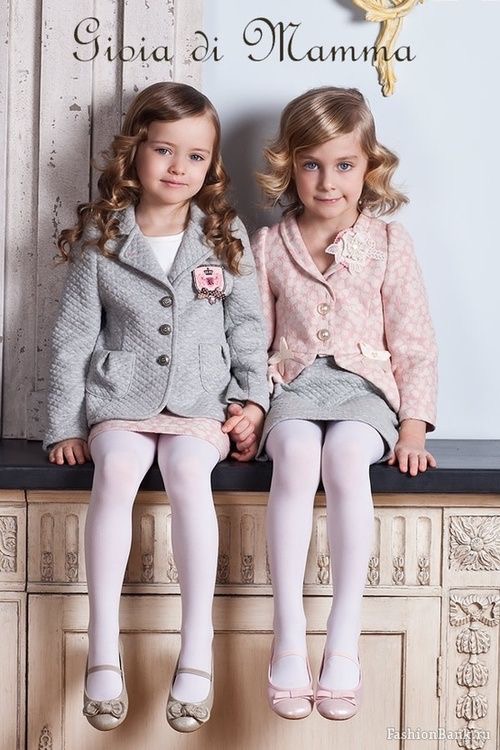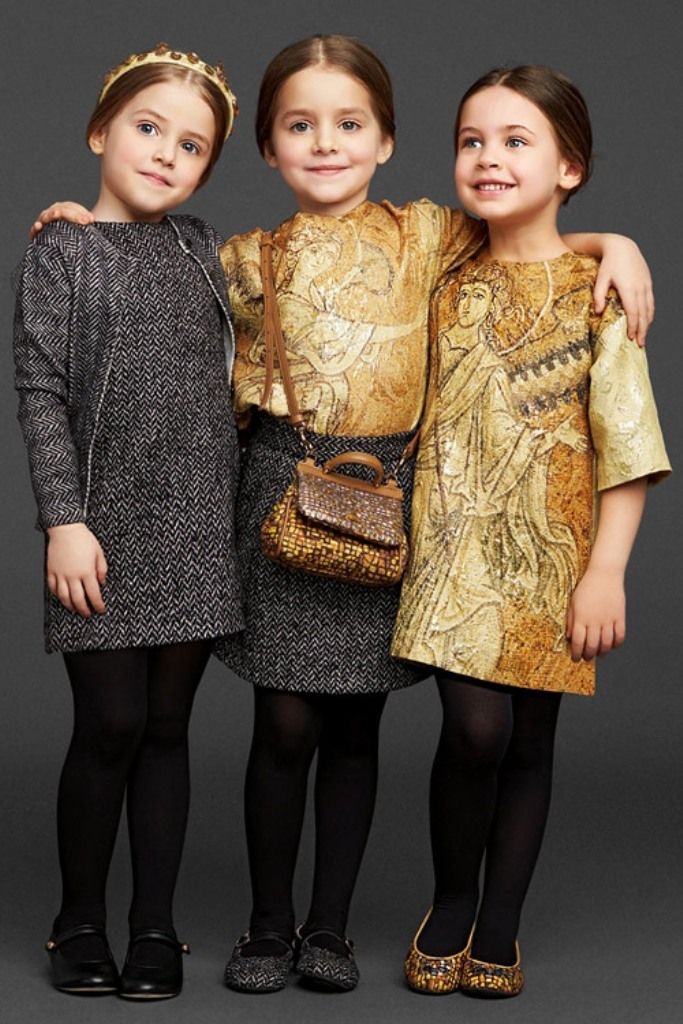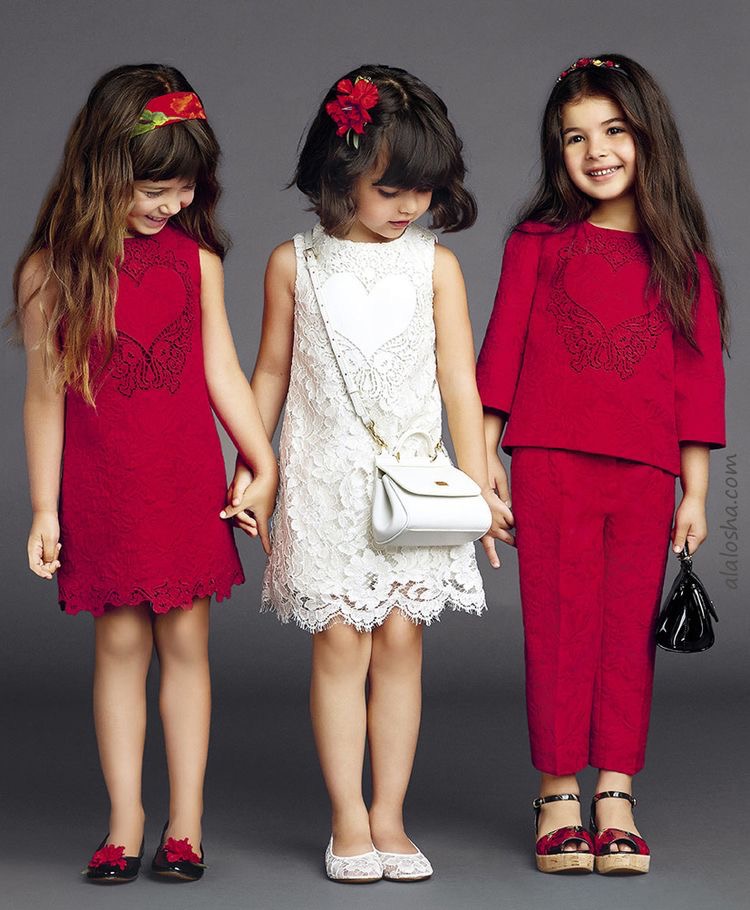
The byword of the Victorian era may well have been progress. In the 1800’s major advancements in both the sciences and the arts resulted in a new geography of industrial cities, a new class of moral capitalists – and new theories of Victorian parenting. One article, entitled “Babyolatry” (defined by the author as child worship) puts forth one theory on the subject. Given the front page of the February 28, 1846 issue of Chambers’ Edinburgh Journal, the article reveals an intense reverence for children. Although the author may forever remain anonymous, her ideas about children compare to Helen Huntingdon’s from Anne Brontë’s The Tenant of Wildfell Hall. In particular, both individuals believe that children possess original innocence and provide ideal companionship.
Both “Babyolatry” and The Tenant of Wildfell Hall promote the idea of childhood innocence. In the Victorian era, this concept revolutionized conversations about religion and parenting. To those who felt repressed and reprimanded by the strict religion of the time, Jean-Jacques Rousseau’s idea that children possessed “original innocence” instead of “original sin…appealed enormously” (“Childhood” 141). This idea caused the author of “Babyolatry” to note the “poetry[,]…purity[, and]…beauty about childhood,” which makes children perfectly loveable (129); it also permeated literature, allowing Helen to realistically call children “innocent, affectionate, tractable darling[s]” (Brontë 263). This belief in infantile innocence sprang up from religious repression and questioned Biblical teaching; however, that innocence necessitated spiritual training. Since infants represented innocence, one’s early years became a “spiritual touchstone in one’s later years” (“Childhood” 140). If parents could enforce a moral childhood, they could expect a moral adulthood. In The Tenant of Wildfell Hall, Helen has similar expectations. Upon witnessing her husband’s immoral influence on their son, Arthur, Helen steers Arthur from his father’s fate — even by poisoning his wine to make him despise drink (Brontë 297). This drastic action demonstrates the importance of infants, as well as the goodness of Helen’s nature. The Victorians believe that children were pure.
Besides promoting children as objects of innocence both Bronte and anonymous author praise children as ideal companions. In babyolatry the author notes that much is there in children that makes them the best companions for adults.
Click here to buy amazing princess dresses for your Bambini
By dickenstoeliot






